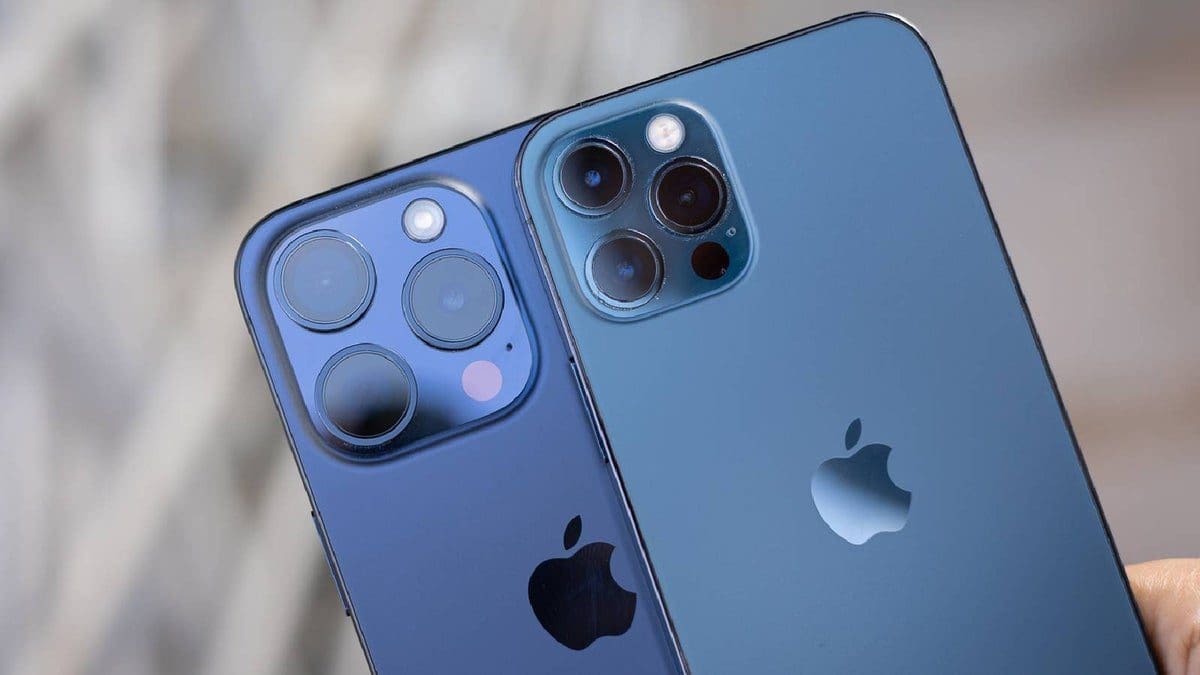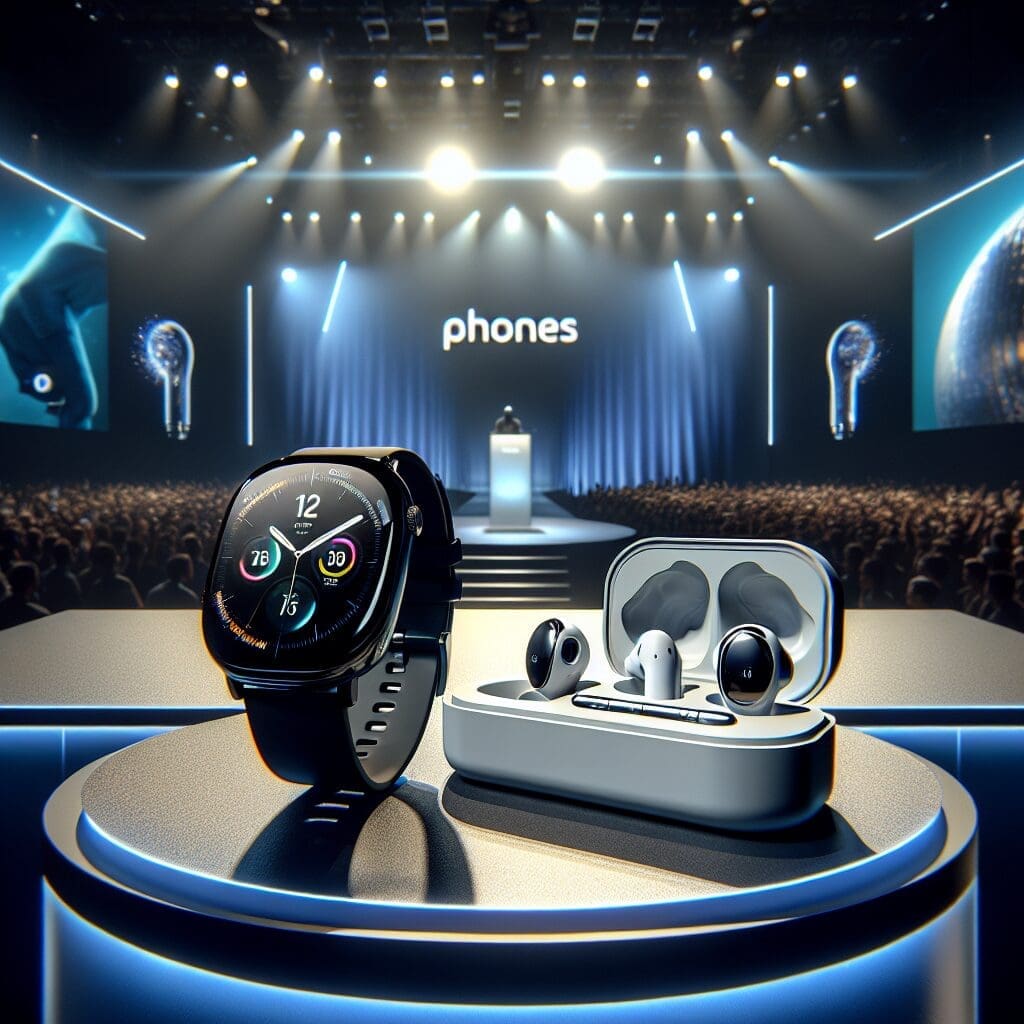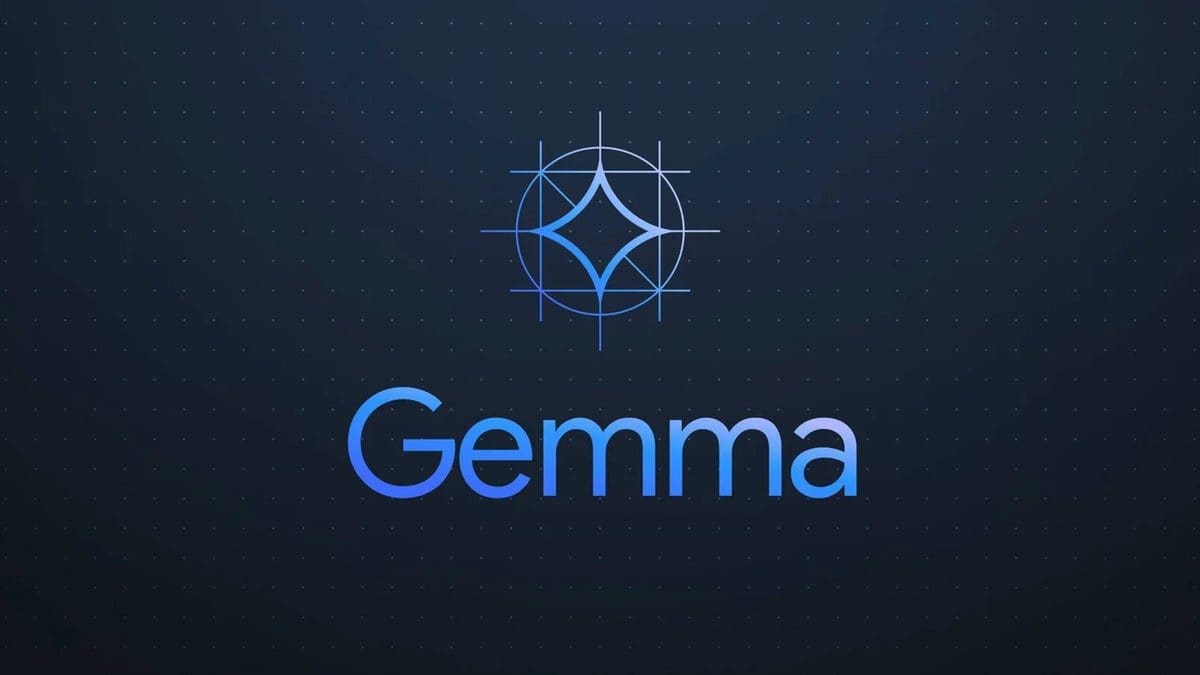Dedicated AI devices like the Humane AI Pin and Rabbit R1 may not be the future of technology, especially with major players like Apple and Google introducing advanced AI features on their devices. While these dedicated AI devices had some potential, it’s clear that they may not live up to expectations. Here’s why:
-
Apple’s Game-Changing Move: Apple is set to update Siri with mostly on-device AI capabilities, providing users with enhanced privacy and cost-effectiveness. This update will integrate ChatGPT into iPhones, iPads, and Macs without requiring users to pay a monthly subscription fee. With Apple relying more on its in-house Apple Intelligence for AI tasks, users can benefit from better privacy and no additional costs.
-
Cost of Dedicated AI Services: Developing and running AI services like ChatGPT is expensive due to the high server processing power required. While devices like the Humane AI Pin expect users to pay a monthly fee for using their services, Apple’s approach shows that subscription-based models may not be sustainable in the long run.
- Alternative Options: Devices like Meta’s RayBan smart glasses offer a different approach to integrating AI technology without the need for separate subscriptions or cellular plans. These devices leverage your existing smartphone capabilities while providing added features like built-in speakers and cameras.
In conclusion, while dedicated AI devices may seem appealing at first glance, it’s essential to consider more established options like Apple Intelligence and Meta’s smart glasses before investing in new technologies. Waiting for technology to mature and observing how major brands improve user experiences can lead to better outcomes for consumers.
What are your thoughts on dedicated AI devices? Do you think they are a passing trend or something worth exploring further? Share your experiences and opinions with us!










